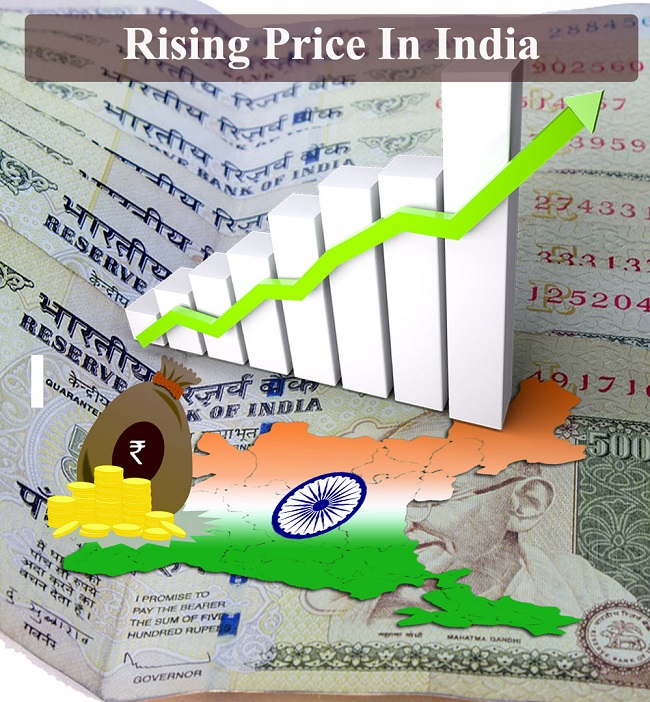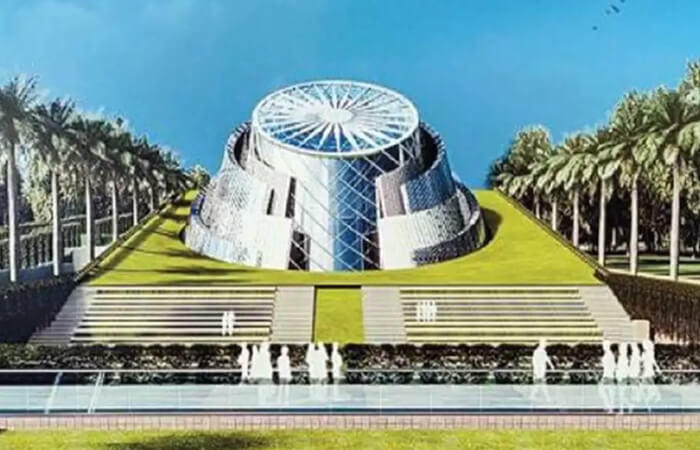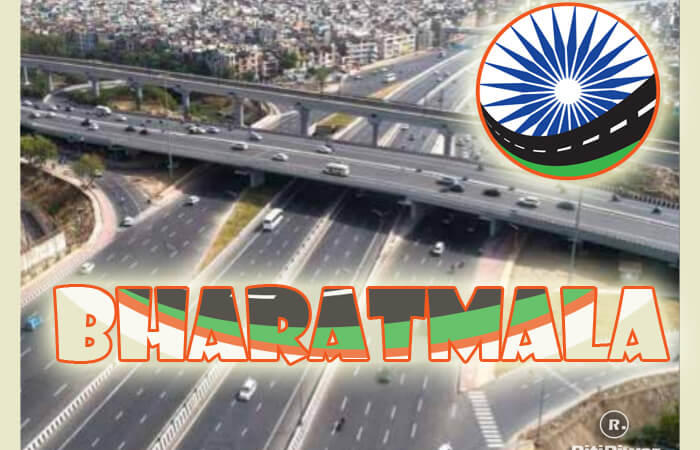Rising Price In India

India is a developing economy and the rising price is inevitable in a developing economy. The programs of economic development generate large employment and income. These increase the demand for consumer goods and services.
There has been a sharp increase in the price of essential commodities in the past few years and is really been a matter of great concern. Inflation is a rise in prices and wages caused by an increase in the money supply and demand for goods, and services resulting in a fall in the value of money. Limited inflation contributes to economic growth. But for some time now, the level of inflation has gone far beyond acceptable limits. This has caused harassment to the common man.
The standard of living of the common people is closely linked to the nation’s economic status. Black-marketing and scarcity of essential commodities are both causes and effects of rising prices. Corrupt traders try to earn money to be indulging in malpractices. They sometimes create an artificial shortage, like in ration shops, and deny the consumers their due. Corruption, in all its forms, fuel price rise.
The alarming rise in population is another factor for the rise in prices. India is the second most populated country in the world with a population of more than one billion. In spite of the considerable developments in all sectors since Independence, conditions of scarcity still prevail due to overpopulation.
The majority of the people of India belong to the poorer sections. The Government should take measures to tackle the menace of price rise at the earliest. Consumers should be guided about their rights and privileges. They should be made aware of the prevalent corrupt practices. The public distribution system is strengthened. Corrupt officials should be brought to book. Effective steps should be taken to increase production in all sectors. The rise in the population should be checked to reduce the demand and pressure on our limited resources.
The rise in prices gives rise to economic disparities. It widens the gap between the rich and the poor. Due to soaring prices, even two square meals are getting beyond the reach of the poor. A democracy cannot flourish or function in such a condition. However, some steps taken by the Central Government have given relief to the common people. Implementation of the Mahatma Gandhi National Rural Employment Guarantee Act and Food Security Bill are some of the necessary steps.
There is a testimony to the fact of how the rise in prices leaves a great impact on the common man’s mind. In, the 1990s, the sudden and sharp increase in the price of onions brought about the downfall of one State Government. A similar rise to the price of sugar brought down another. Continuous price hikes may lead to anarchy – a complete failure of all government and official systems. Effective steps must be taken to solve the problem of price-hike. The government’s mounting administrative expenditure should be curtailed.
Rising prices spare neither the rich nor the poor. Rising prices have given rise to widespread distress among the fixed income groups, viz., wage earners, and the salaried classes. The Central and State governments often blame each other for the rise in prices. The drop in agricultural production during the last couple of years has resulted in the shortage and non-availability of food items, which hit the economically weaker sections of society the most.
The government aims to ensure food safety for rural households and urban areas and include both below poverty-line and above-poverty-line families. Ushering in a new era in the domain of food safety, the Food Safety and Standard Act of 2006 came into force in India which will ensure the prevention of fraudulent, deceptive, or unfair trade practices, which harm the customer through the provision of sub-standard gains.
Food prices are cyclical in nature, and a sharp increase in food prices has been a cause of concern. A significant part of this inflation is due to supply-side bottlenecks in some of the essential commodities, precipitated by the delayed monsoon and drought conditions in some parts of the country. India cannot be immune to global price situations, especially when a significant proportion of the country’s requirement of oil is met through imports.
For food prices to stabilize or to be brought down, agriculture production would have to be given top priority. Incentives for the farmer, subsidies for fertilizer and seeds, and remunerative rates for farm produce may help to increase the yield. Availability of easy loans to help mechanize farming may also help to increase food production.
The middleman, who makes hay while the farmer suffers, may either be removed or his role minimized. Prices of food items multiply many a time when they leave the field and reach the common consumer through the street hawkers. Severe action against hoarders, who pile stocks, while the common man suffers must also be taken care of. Forward trading in food items must be banned. If these steps are taken sincerely by the Central and State Governments, the common man may be spared the pangs of rising prices.
Suggested Read: World Development Information Day






